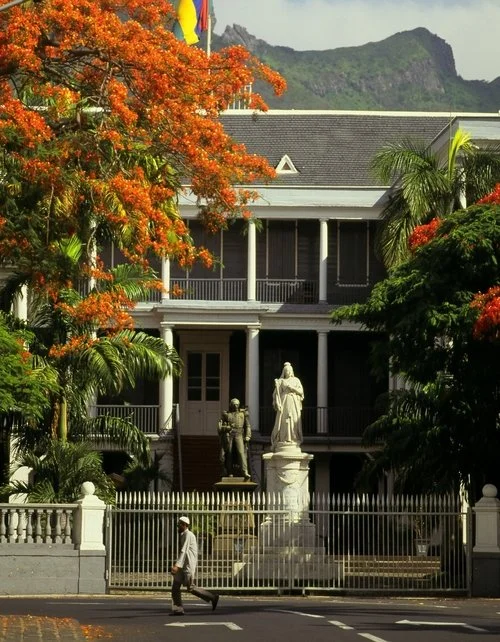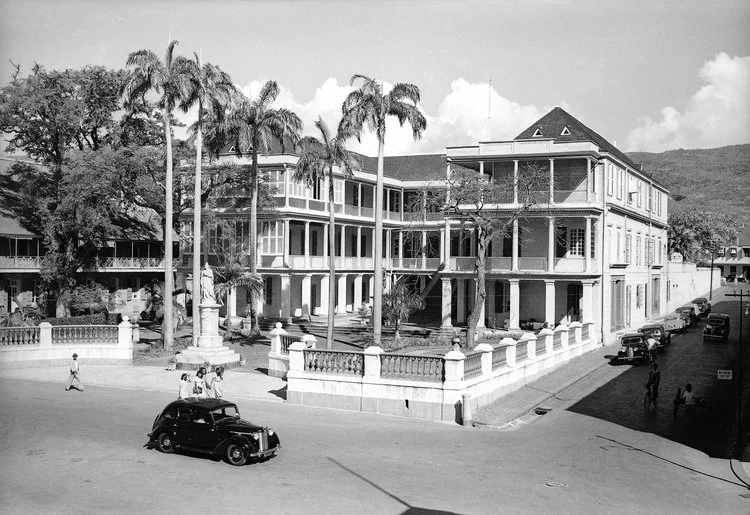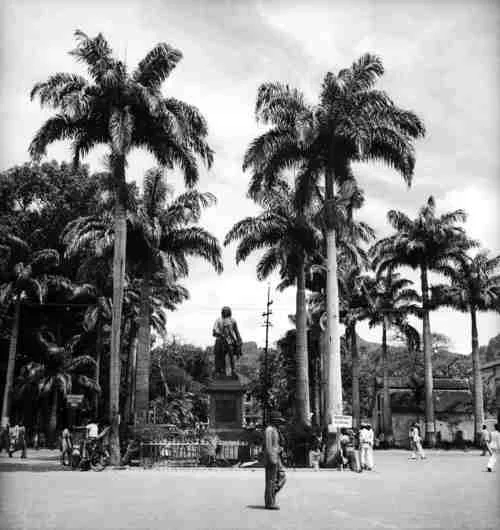Political
As a secular state with a tradition of consensus government and effective economic and social policies Mauritius enjoys a high level of political stability. A member of The Commonwealth and La Francophonie, Mauritius is a stable parliamentary democracy, based on the UK Westminister model.
Since independence Mauritius has rapidly developed from a mono-crop economy – today the sugar sector represents less than 10% of GNP. Following the establishment of a substantial textiles industry in the 1980s, the growth of high value, low impact tourism (which has seen the island establish world-famous resort hotels), financial services, off-shore banking, the Freeport and the rapid rise of information technology are all adding to the island’s widening economic base. The Government is also actively promoting the emerging sectors, namely real estate, life sciences and health care, medical tourism, and tertiary education.
Mauritius is a multi-cultural nation of almost 1.3 million people living harmoniously in a peaceful and successful pluralistic society.
• Former UK colony, independent since 1968
• Member of Commonwealth
• Population 1.3 million
• Independent judiciary
• Privy Council appeal
• Active free press
• Member of La Francophonie
• 1st in Africa for Governance
• 2nd in Africa for Civil liberties (Harvard Mo Ibrahim index)




